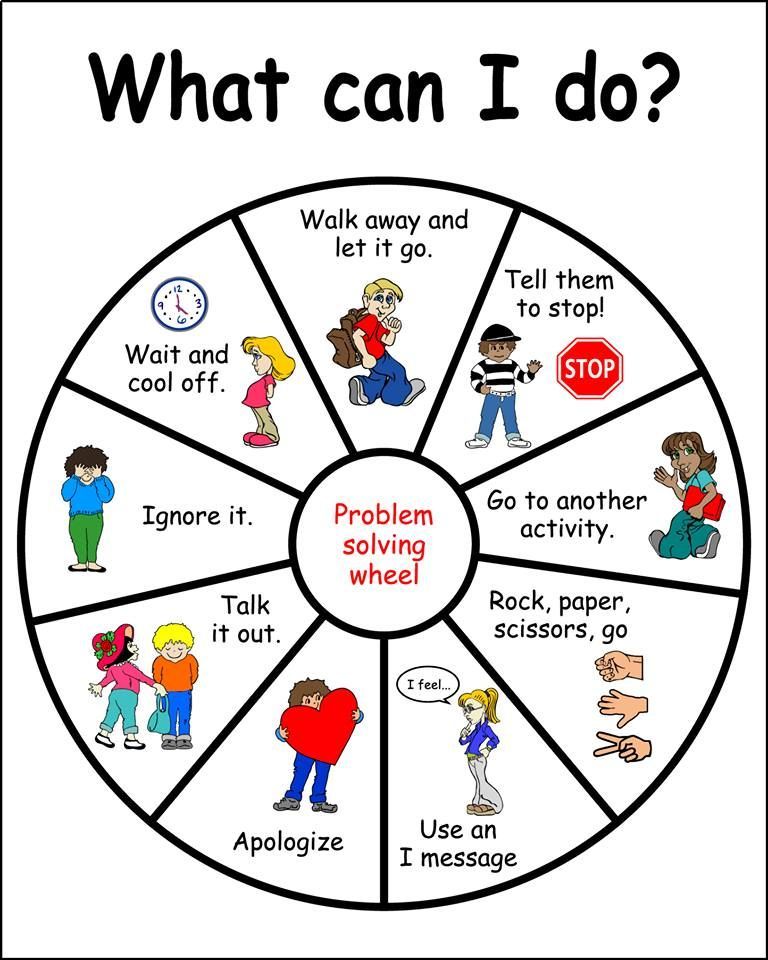Evening routine ideas
13 Evening Routine Habits and Ideas to Perfectly End Your Day
There might be affiliate links on this page, which means we get a small commission of anything you buy. As an Amazon Associate we earn from qualifying purchases. Please do your own research before making any online purchase.
Let me know if your mornings sound like this: You wake up an hour before you have to leave the house, rush around to get ready, swear up and down you’re forgetting something, grab a protein bar and run out the door.
Once you get to work, you’re a chaotic mess and already overwhelmed before you’ve even gotten to your desk. You’re burned out and can’t focus.
If this sounds familiar, you’re in good company.
The remedy?
Every good day starts with a great night . It’s only when you’re rested and you’ve tied up all of your loose ends from the prior day that you can really tackle each new day.
People’s professional and home lives are becoming increasingly intertwined, which makes the boundaries that create a work/life balance pretty blurred. Many people are working from home, switching back and forth between letting the dog out to joining a conference call to grabbing Amazon packages off their front porch all in the same timeframe, as we’ve constructed a culture of being available 24/7.
While there are a lot of strategies for recreating necessary boundaries, having an evening routine after work is among the most effective. So in this article, we are going to look at 13 evening routine habits that you can adopt to end your day that will set you up for a better tomorrow.
Let’s get going.
What You Will Learn
- 1. Establish a “Shut Down” Ritual
- 2. Plan for the Next Day
- 3. Pack for the Next Day
- 4. Spend Time with Your Family
- 5. Get a Full Night's Sleep
- 6. Clean and Organize
- 7. Use the 10-3-2-1-0 Formula
- 8. Practice a Spiritual Habit
- 9. Read
- 10. Practice Something You Enjoy
- 11. Reflect
- 12. Think of One Thing That Excites You About Tomorrow
- 13.
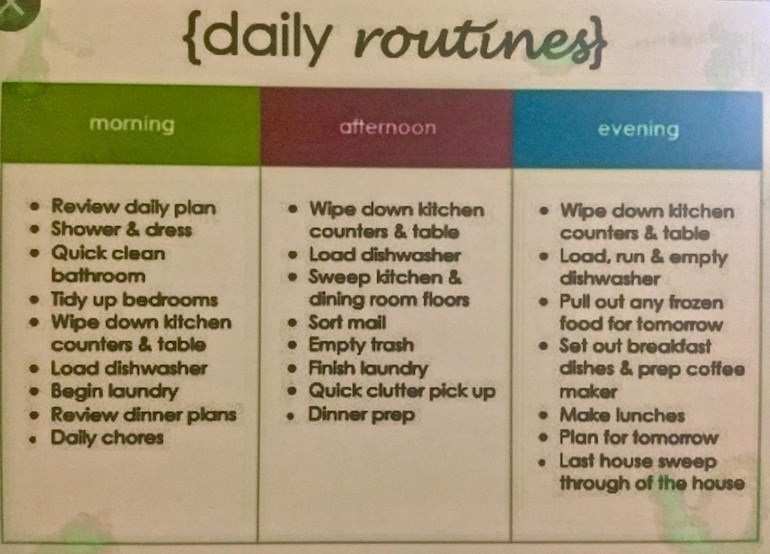 Acceptance
Acceptance - Final Thoughts on Ending Your Day Perfectly
1. Establish a “Shut Down” Ritual
You know when you try to turn your computer off and you have a lot of tabs and programs running, and you get a ton of pop-ups asking if you’re sure you want to exit? Think of your brain in this same way. You can’t just shut it down with a simple click before closing some loops because it will still be trying to run the programs and find solutions to ongoing issues.
Your “shut down” ritual should take about 5 or 10 minutes, and once you’re finished, you will have a grasp on what you got accomplished that day and what needs to be done the next so you can defer all work-related issues until the next day.
To shut down your mind and allow yourself to have a restful night’s sleep, do a brain dump every night to close down any pending demands, or at least have them out of your brain and onto paper so you can address them at another time. Look at your calendar and tasks and do a quick check-in on where you stand with your projects, then come up with a plan to address these things for the rest of the week. Write down everything that is weighing on you, from overdue doctors’ visits to big projects you have in process at work.
Write down everything that is weighing on you, from overdue doctors’ visits to big projects you have in process at work.
Then have some kind of signal that your work is finished for the day. For me, this is closing my laptop. Once it’s closed, it doesn’t get reopened until the next day and I stop thinking about anything that’s on it. You could also say something out loud to yourself like, “My work is done today” or anything else that firmly signals that it’s time to switch gears.
2. Plan for the Next Day
As mentioned, part of your “shut down” routine should be planning what and how you’re going to address ongoing issues and projects. This will involve prioritizing everything that’s on your plate (the Eisenhower Matrix can help you with this) and deciding what you can reasonably accomplish tomorrow.
Remember what Benjamin Franklin said: Failing to plan is planning to fail.
Determining your plan for the coming day allows you to identify your most important tasks in advance—before the pressures of the day start coming at you.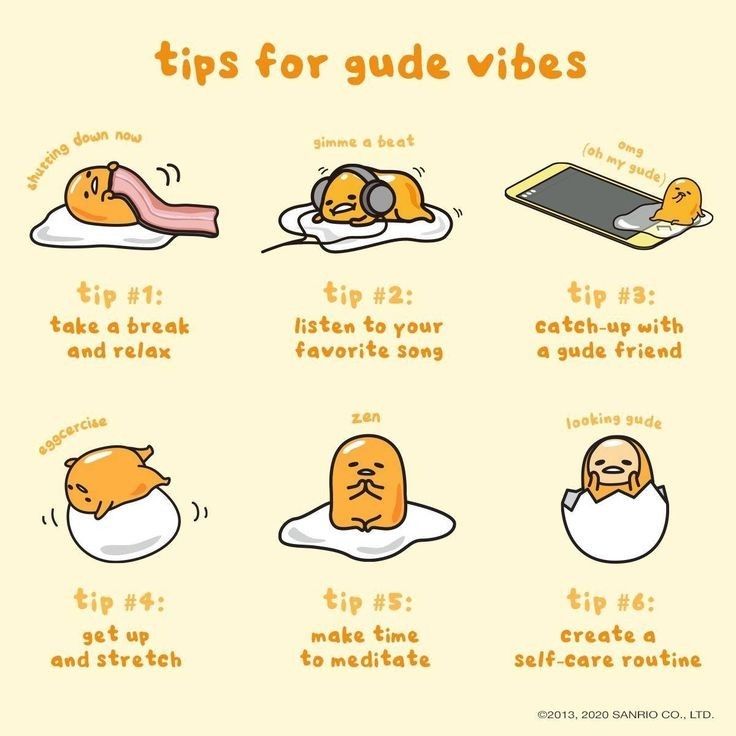 In the best scenario, the first few hours of your day would be spent handling your most challenging, yet important, tasks–your MITs.
In the best scenario, the first few hours of your day would be spent handling your most challenging, yet important, tasks–your MITs.
The morning will be the calmest part of your day, so being able to focus all of your attention on a task that will have the greatest positive impact on your life is best done during this time. And, once your MITs have been completed, you can consider your day to be a success because you’ve done three things that will bring you closer to achieving your long-term vision.
These are the tasks that, amidst your busy schedule, may otherwise be put off. But by committing to getting your MITs done ASAP, you will ensure these necessary duties get accomplished.
3. Pack for the Next Day
Packing up the night before is like doing your future self a favor– and you will thank yourself for it. Sure, it doesn’t take long to throw some leftovers from the fridge into your lunchbox in the morning, but just grabbing the lunchbox itself and running out of the door is even faster.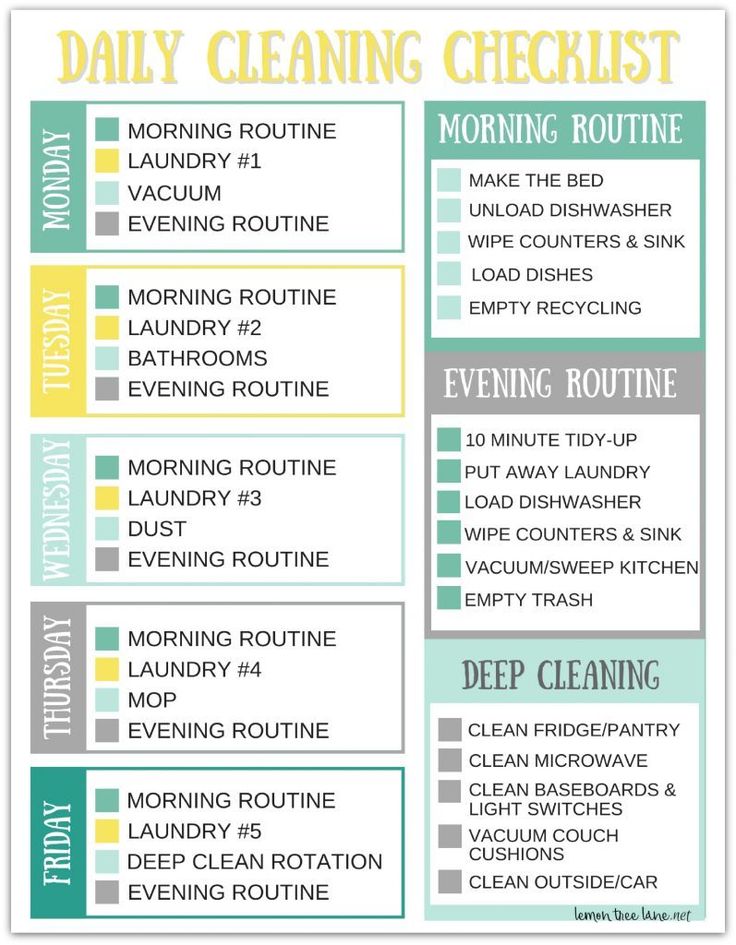 And, if you prepare yourself as much as possible, the time will add up and your mornings will be a breeze.
And, if you prepare yourself as much as possible, the time will add up and your mornings will be a breeze.
What can you take off your plate in the morning? If you go to the gym after work, pack your gym bag (and even put it in your car), set your clothes out for work, pack your lunch (and your kids’ lunches and school supplies as well), and set the coffee maker on a timer so it starts brewing as soon as you wake up.
Taking these steps will decrease your chances of forgetting something the next day, and it will prevent you from experiencing decision fatigue before you even get to work. Waking up will feel less like a chore if you’ve set yourself up the night before.
4. Spend Time with Your Family
Those with lofty goals and high-achieving entrepreneurs often get so focused on continuing their success that they forget about the reason they probably work so hard in the first place–their families.
It’s easy to get lost in planning, executing, and making your goals become a reality and forget to take a look at the bigger picture of life and enjoy what your success is actually doing for you.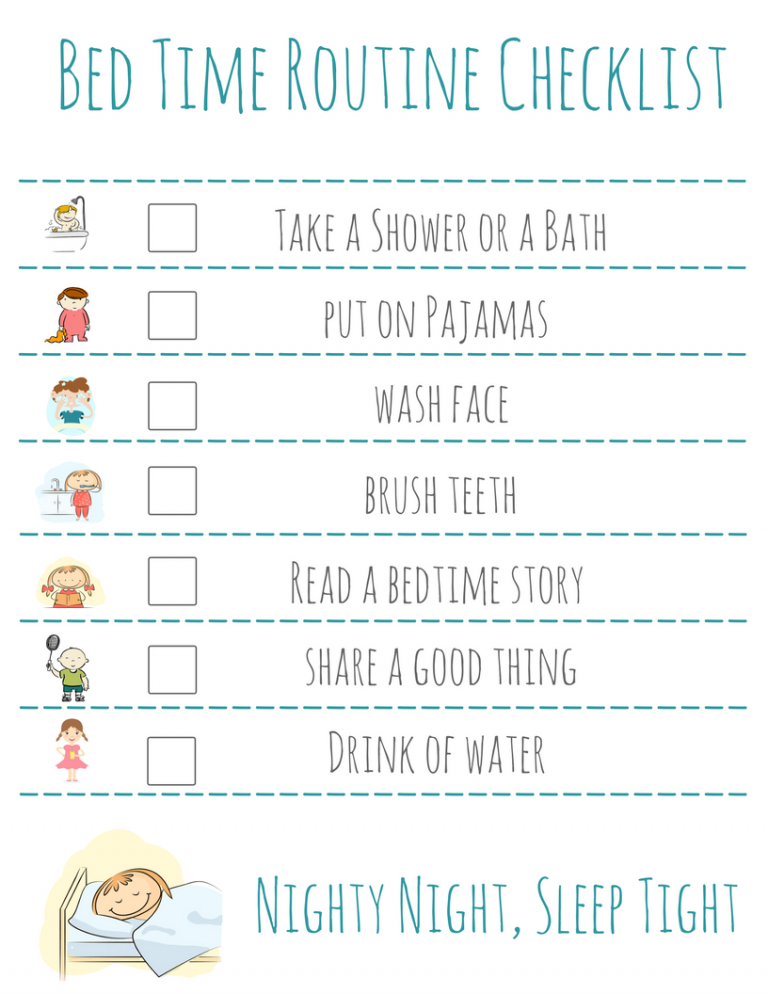
But you’re supposed to work to live, not live to work.
Set aside time every night to spend with your family. Sit down to dinner, help your kids with their homework, play a game with the family, participate in whatever your family does at night.
Reward yourself with this luxury and it will pay off in the long run when you look back on your life.
5. Get a Full Night's Sleep
You’re probably thinking that’s easier said than done, but once you get into the routine of it, it’s simple to do.
Sleeping well directly impacts your mental and physical health, and your overall quality of life. Without exercising healthy sleep hygiene, your energy during the day can go downhill, taking your productivity, motivation, and emotions along with it.
You’re in good company with 50-70 million other Americans if you spend your evenings tossing and turning. But, you can make some changes to your lifestyle to help fix this problem. Check out these resources for some help:
You may think you can get by on less sleep than what is recommended for you, but here is a whole TED talk on why it doesn’t work like that.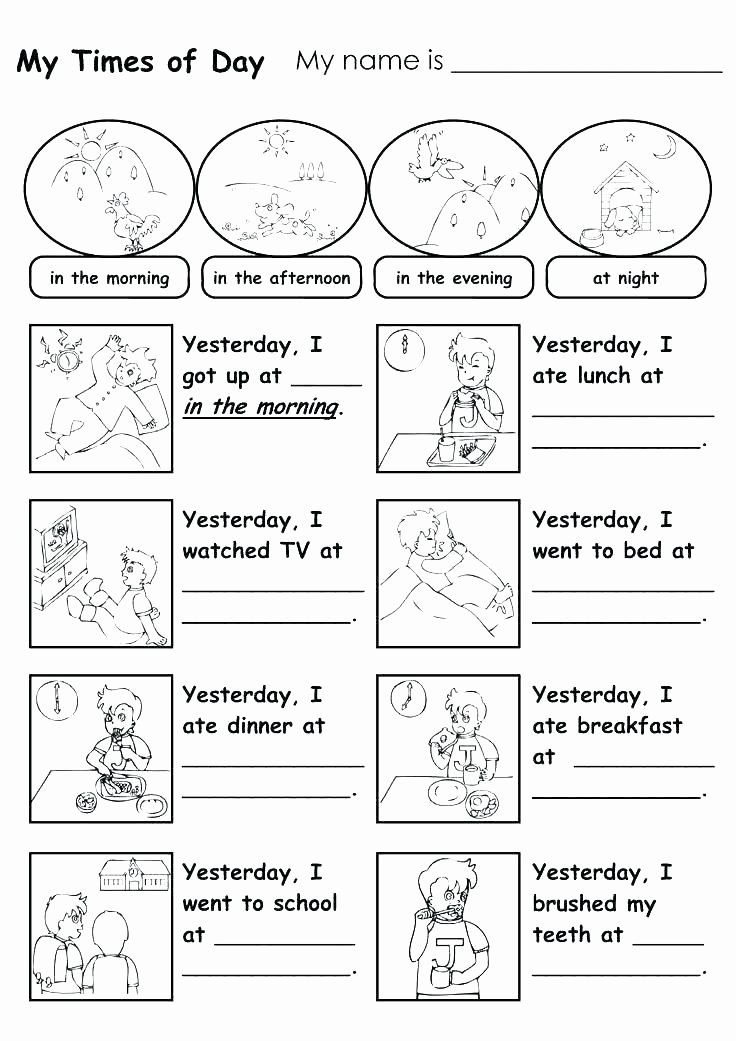
6. Clean and Organize
Waking up to laundry on the floor and dishes in the sink will only start your day off by facing obstacles. However, if you spend 20 minutes every night doing a quick tidy-up ritual, you will find your morning much easier to navigate as you’re trying to get out of the door. By putting things away, you will avoid the slippery slope of living in a disaster area and feeling distracted in the morning.
If you spend 20 minutes every night doing a quick tidy-up ritual, you will find your morning much easier to navigate as you’re trying to get out of the door.What’s more, walking into a frenzied work environment first thing in the morning sets your day up for chaos. Clear your digital space before closing up for the day to avoid being confronted with endless tabs and programs that aren’t relevant to the work you’re doing the next day. Working and living in an organized environment is an absolute must if you want to feel in control of your life.
7.
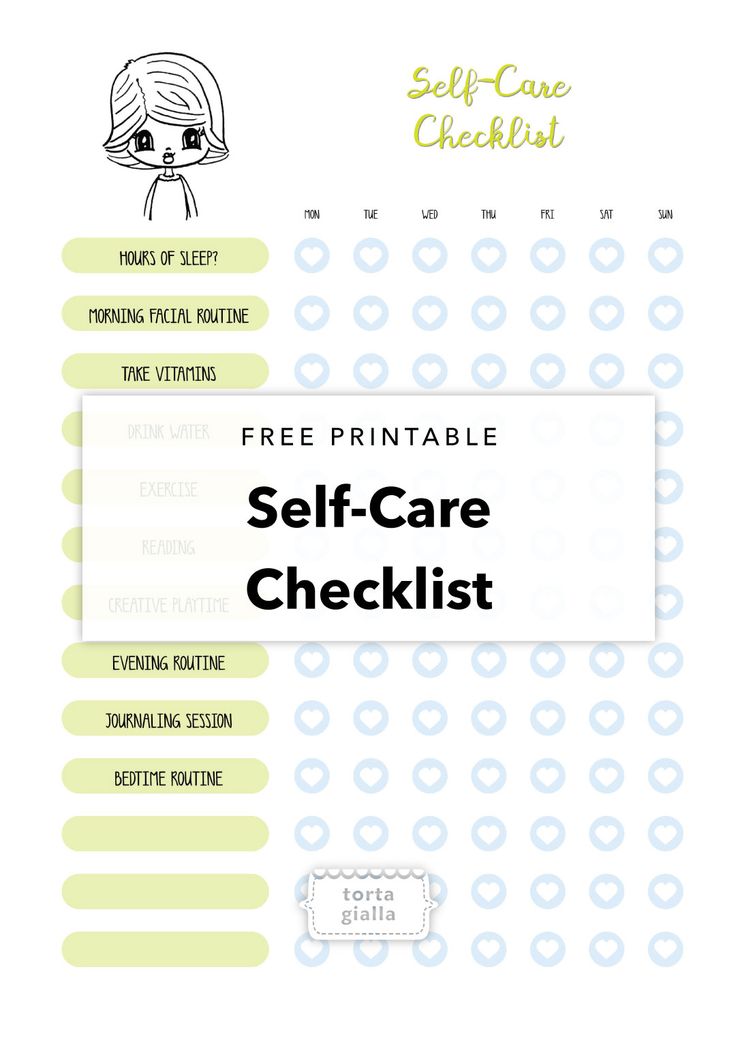 Use the 10-3-2-1-0 Formula
Use the 10-3-2-1-0 FormulaThis simple technique suggested by fitness coach Craig Ballantyne will help you wake up feeling rested so you can get more done in the early hours of the morning. Not only will you get to bed earlier by following this formula, you will sleep better as well.
10 hours before bed: No more caffeine
3 hours before bed: Stop consuming food and alcohol
2 hours before bed: Stop working
1 hour before bed: Turn off all screens including your phone, TV, and laptop
0: The number of times you hit “snooze” in the morning
It takes about 10 hours for your body to eliminate itself of caffeine and get rid of its stimulatory effects.
Finishing your meals and alcohol three hours before bed will help prevent you from experiencing heartburn, which can interrupt your sleep. While alcohol might make you tired at first, it disturbs your natural sleep cycle and can rob you of valuable deep sleep.
Complete your “shut down” ritual at least two hours before bed so you can have uninterrupted time with your family and put work problems aside.
Shut down your electronics an hour before bed because the blue light will disturb your sleep. You can read instead, meditate, take a bath, or spend time talking with your spouse.
Finally, don’t give into the temptation to hit the snooze button in the morning. Doing so will make you late for your planned day and make your morning routine rushed. Plus, going back to sleep can ultimately make you wake up even more tired than you would have been if you just got up as planned.
8. Practice a Spiritual Habit
A lot of people use the word “spirituality” these days– especially those in the younger generations. In fact, a survey conducted by Pew Research found that millennials are less religious than those who are two generations above them. However, they feel an equally strong sense of spirituality and gratitude.
Here are a few ways you can practice spirituality:
Write in a journal: Doing some reflection and processing the events from the day can help you on your journey to self-discovery. As one of the most ancient forms of self-help, journaling gives you more insight as you explore your ideas, impulses, feelings, memories, goals, and wishes through writing.
Journaling is a practice that is often suggested by spiritual mentors as being an effective way to gain a heightened sense of self-understanding and compassion. Finally, journaling will help you find inner stability and identify (and put an end to) self-destructive behaviors.
Pray: Communicating with the higher power that you have connected with can further influence how you perceive that power. For some, this may be talking to God, while others may look toward Allah, Brahma, the Tao, or a variety of other forms.
Practice Gratitude: Practicing gratitude has been said to be a form of spirituality in its own right.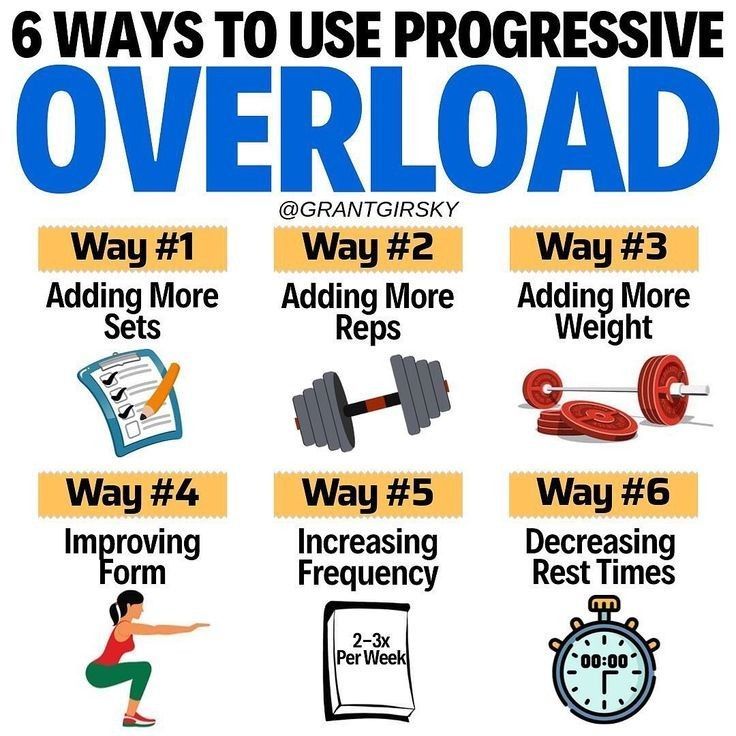 Deepak Chopra, a prominent figure in gratitude, meditation, and spirituality, shows a powerful connection between gratitude and spirituality in this article. He notes that the origin of the word “gratitude” comes from the Latin root gratus, meaning to please and welcome. Chopra argues that “gratus” is the root of many words that signify celebration and being in contact with a higher power such as grace and gratification. This root word signifies seeing value and benefit, which can be considered to be a remedy for suffering. Therefore, it could also be considered to be a form of spirituality.
Deepak Chopra, a prominent figure in gratitude, meditation, and spirituality, shows a powerful connection between gratitude and spirituality in this article. He notes that the origin of the word “gratitude” comes from the Latin root gratus, meaning to please and welcome. Chopra argues that “gratus” is the root of many words that signify celebration and being in contact with a higher power such as grace and gratification. This root word signifies seeing value and benefit, which can be considered to be a remedy for suffering. Therefore, it could also be considered to be a form of spirituality.
Meditate: Meditation is also essentially a spiritual practice of its own. Meditation is the process of concentrating on your own consciousness, which eventually leads you to discover that your consciousness is infinite. When you’re meditating, you’re getting in tune with your most inner self and developing yourself spiritually. According to spiritual practices, people’s ultimate goal is to merge their mind with Infinite Consciousness (which is the ultimate reality) and the only way to do this is through meditation.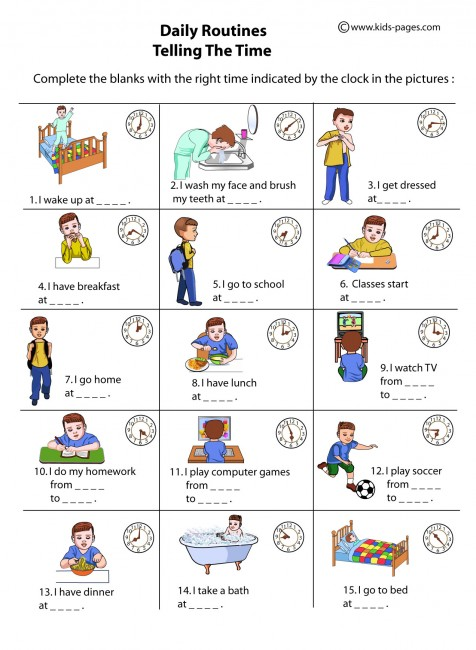
9. Read
You might assume that in order to be a great achiever, you need to focus your reading on business or self-improvement books. And while continuous learning is important, focusing on these things right before bed will get your wheels turning and your mind moving, which can prevent you from being able to sleep.
You may end up staying awake, ruminating over new ideas or a business strategy you want to try, which is not a great beginning to a healthy night’s sleep.
Instead, read a fiction book or a biography that allows you to escape into someone else’s world. Read a book that is relaxing–even if it has an educational twist to it. This will keep you focused on the story you’re reading instead of taking your mind to the variety of things you need to do to improve your life.
Reading a relaxing book for 30 minutes before turning off the lights will help you fall asleep quickly and wake up feeling creative and rested.
10. Practice Something You Enjoy
Your free in the evening is completely controlled by you.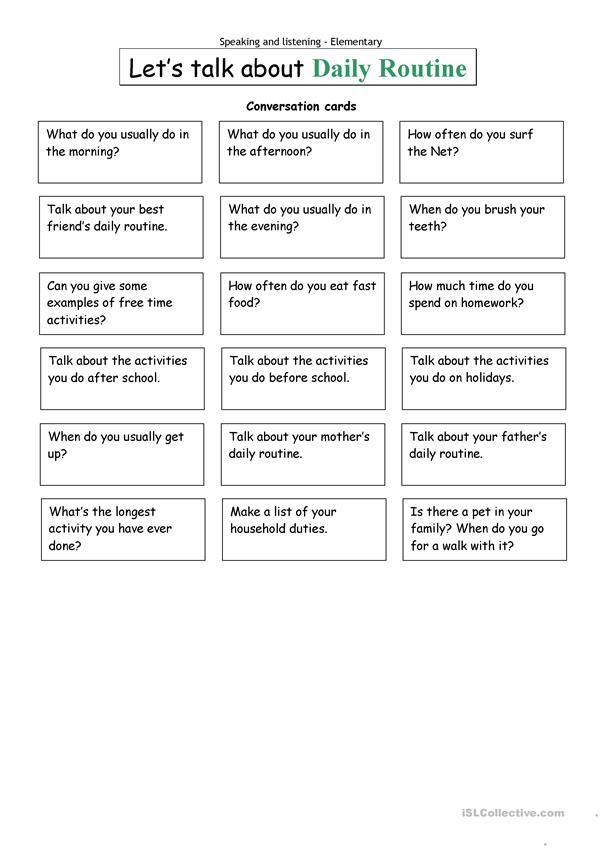 If you have a hobby you enjoy, this may be the time to engage in that. Or maybe you’re working on a project that will move you closer to achieving your dreams, or you want to focus on learning a new skill. The evenings are a great time to use to try out new experiences or improve upon your current abilities.
If you have a hobby you enjoy, this may be the time to engage in that. Or maybe you’re working on a project that will move you closer to achieving your dreams, or you want to focus on learning a new skill. The evenings are a great time to use to try out new experiences or improve upon your current abilities.
Instead of passively sitting around on the couch, engage in something that is meaningful to you in some way, whether that’s learning a new language, practicing playing an instrument, creating art, or working on a collection. Check out these popular hobbies for men and hobbies for women if you’re looking for something to try.
Spending time doing things you enjoy will impact your daily attitude, which can increase your productivity. So spend 30 minutes pursuing something meaningful to you at night, and you will notice a big difference in your overall well being and sense of self-worth.
11.
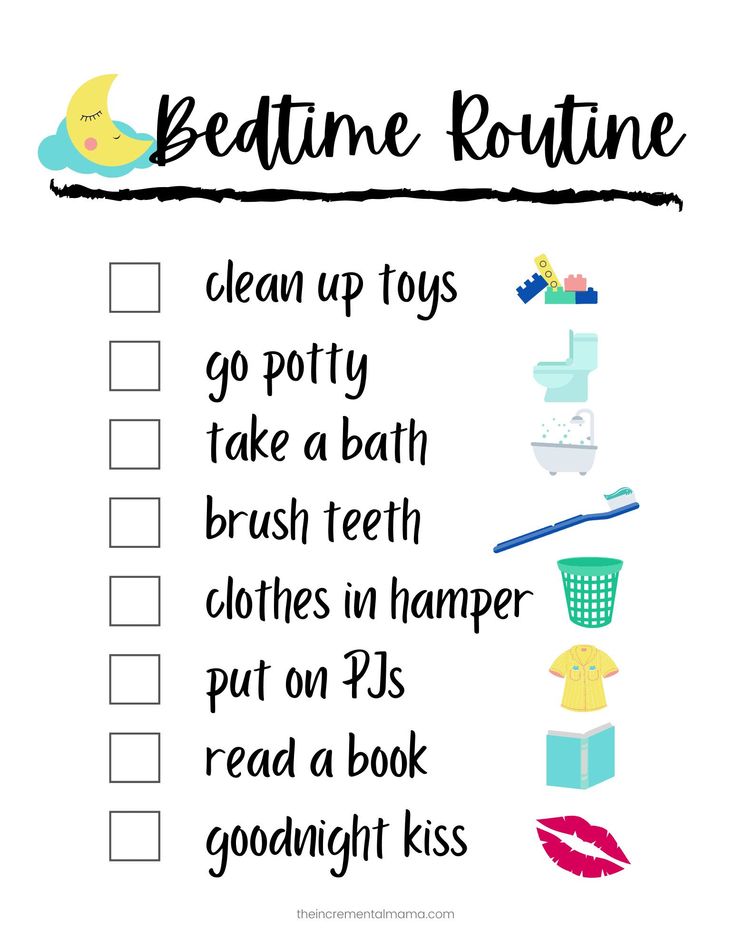 Reflect
Reflect You probably spend a lot of time thinking about the future, and maybe significantly less time reflecting on where you’ve been. And while it’s good to focus on moving forward instead of regretting past mistakes, this tendency also prevents people from doing some solid reflection.
Take some time every night to reflect on your day, thinking about what went well and what could have gone better. Did you face any unexpected challenges? If so, how did you handle them? How might you handle similar situations in the future? What can you do to prevent the problem from happening again?
Doing some reflection at night will help you gain insight into your performance and increase your self-awareness regarding your ability to problem-solve. With this insight, you can make those small improvements that are needed to end up with major results in the long run.
12. Think of One Thing That Excites You About Tomorrow
This is an effective and powerful way to ensure you will get up earlier than necessary and jumpstart your day.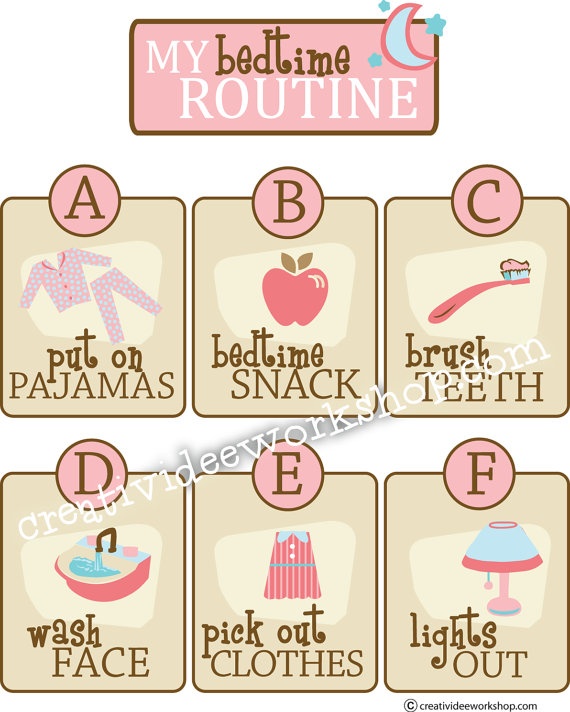
Thinking about the things that tomorrow could bring–seizing new opportunities, seeing more results, meeting new people, making new decisions–will feel both motivating and empowering. Having these things at the front of your mind will inspire you to jump out of bed when the time comes.
13. Acceptance
Accept your day for what it was, no matter how it went. Remind yourself that you did your best and that is something you can feel good about. There’s nothing you can change about today–you made all of the best decisions that you could at the time with the information you had.
Don’t carry any burdens of the day with you into tomorrow because this will only keep you living in the past. If necessary, you can choose to be twice as productive tomorrow by making accepting and letting go one of your evening routine habits.
Final Thoughts on Ending Your Day Perfectly
It can be hard to build routines into your life. But with a little discipline, sticking to these routines will set you up for success.
The good thing about routines and habits is the more you practice them, the more natural they become. They eventually become so ingrained in your day that it’s harder to not do them.
So end your day on purpose and stick with it. You will find your days to be much more productive when you have a high-quality night.
Finally, if you want the perfect morning routine, then check out this seven-step process for creating a morning routine that will become a vital part of your daily life.)
Connie Mathers is a professional editor and freelance writer. She holds a Bachelor's Degree in Marketing and a Master’s Degree in Social Work. When she is not writing, Connie is either spending time with her daughter and two dogs, running, or working at her full-time job as a social worker in Richmond, VA.
23 Tips for Your Ideal Nighttime Routine
Trouble sleeping? You’re not alone. About 1 in 3 adults in the United States get less sleep than they should.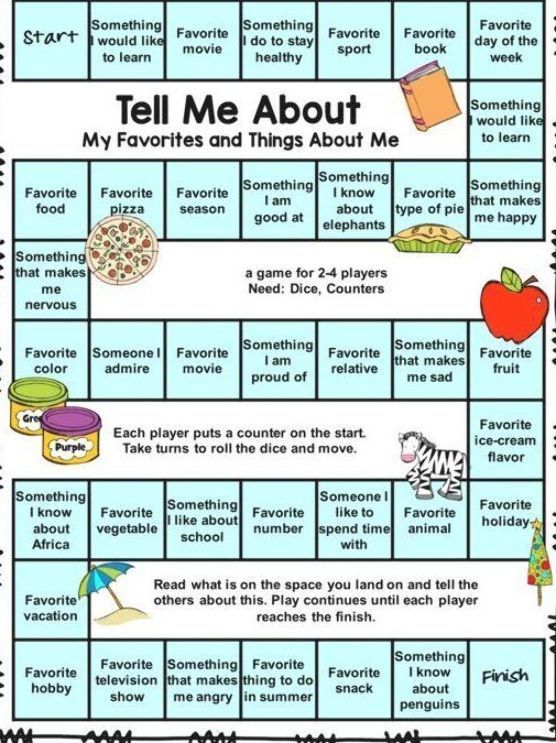
In the midst of the pandemic, you might have more time for sleep, but sleep quality might still take a hit, thanks to added anxiety and stress from loneliness, health worries, financial concerns, and other issues.
Nighttime routines also commonly factor into sleep quality, regardless of anything else happening in the world. Your activities during the evening hours can have a big impact on your ability to fall asleep and stay asleep each night.
Poor sleep can have plenty of health consequences, many of which you might worry about while lying awake. If you have trouble getting enough restful sleep on a regular basis, try exploring your pre-bedtime habits to identify potential problem areas and create a new routine that promotes better sleep.
Here are some tips to get you started.
A bedtime routine that includes a few steps toward preparing for the next day can have several advantages.
First, getting a head start on tomorrow’s to-do list gives you one (or two or three) fewer things to stress over as you try to fall asleep.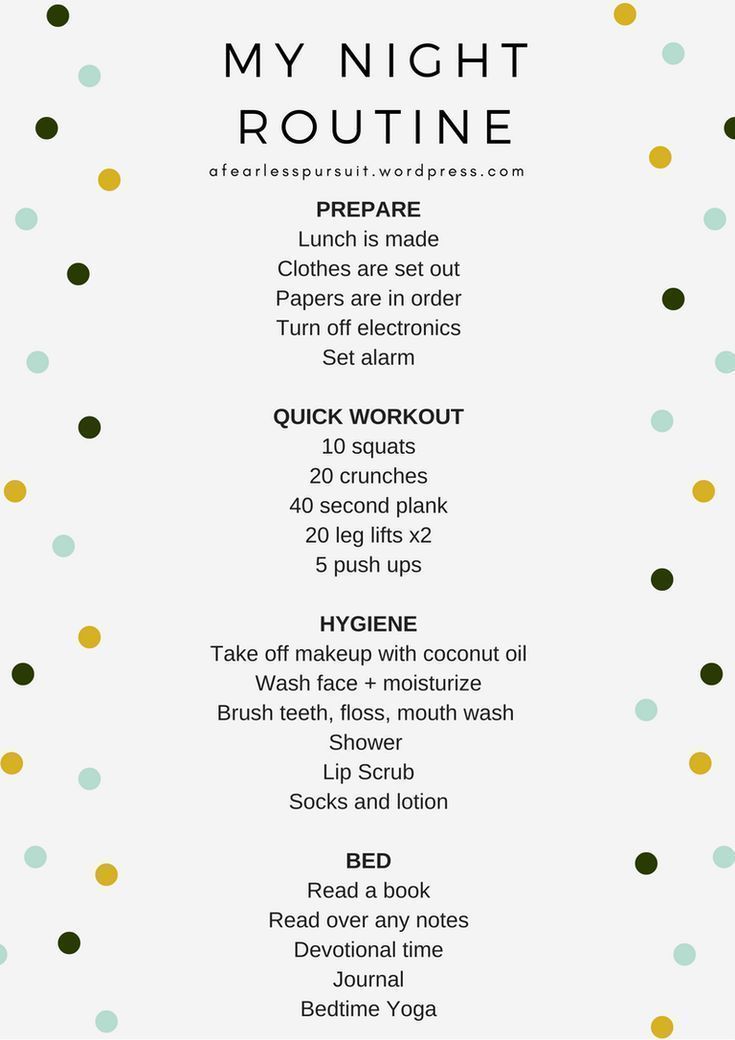
Having less to do in the morning can help you feel less rushed, making it easier to set aside a few minutes for morning meditation or a mindful breakfast that’ll start your day off right.
Take care of morning chores
If you struggle to get started in the morning, ask yourself what usually holds you up.
Maybe you spend a lot of time deciding on an outfit or never know where to find your keys. Perhaps you need a hearty breakfast to begin your morning but have to clear the sink of last night’s dishes first.
Setting aside 15 to 30 minutes every evening to prepare for the next day can help prevent hectic mornings and promote peace of mind as you get into bed.
To reduce bedtime stress and feel more relaxed in the morning, try taking care of these chores in the evening:
- Make your lunch for work or school.
- Gather your essentials — think keys, wallet, sunglasses — in one spot.
- Wash the dishes.
- Set out your clothes for tomorrow.
Make a to-do list
There’s only so much you can do in preparation for tomorrow. But for everything else, there’s a list.
Spending just 5 minutes writing a to-do list each night can help you avoid the sleep-disrupting habit of thinking about everything you need to do as you’re trying to fall asleep.
A paper to-do list can free you from the urge to constantly run through a mental version. It can also help you feel more in control of tomorrow before it even begins.
Try journaling to relieve stress
A journal provides a space to express any concerns weighing on your mind, reducing the need to unpack them mentally in bed.
While journaling may not be enough to relieve severe anxiety or chronic stress, it can help reduce anxious thoughts. Physically writing about things stressing you out can help you visualize them leaving your mind and reinforce your sense of relief.
Writing about stress-provoking upcoming events (and noting a potential solution or two) may also help you feel more prepared to face them, which can ease anxiety.
You don’t have to wait until it’s lights-out to start winding down. Filling your evening hours with calming activities helps you avoid overstimulating your mind and body as the day draws to a close.
Cut off caffeine early
A regular post-lunch cold brew might help you make it through the day, but this caffeine boost can have consequences later.
Having caffeine even 6 hours before bedtime can disrupt your rest. If you often have trouble sleeping, try sticking to beverages without caffeine after lunch.
Avoid strenuous exercise
Yes, regular exercise can improve sleep, but you’re better off saving intense workouts for morning or afternoon.
Vigorous exercise shortly before bedtime raises your body temperature and heart rate, making it harder to fall asleep and potentially reducing the amount of sleep you get.
It’s perfectly fine to do light or moderate intensity exercise in the evening, though.
Instead of a run or heavy weightlifting session, try:
- stretching
- walking
- yoga
Just keep in mind that even with light exercise, it’s still best to wrap up an hour to 90 minutes before bedtime.
Meditate
A regular meditation practice can help you relax physically and mentally. Mindfulness meditation, in particular, may help improve your ability to release the day’s stress and tension in preparation for a good night’s sleep.
Focusing your awareness and sitting mindfully with your thoughts gives your body a chance to rest and relax. All those slow, deep breaths you’re taking? They cue your body to slow down at the same time.
Meditation can also help reduce behaviors that keep you up, like cycling through anxious thoughts.
Can’t meditate in the evening? Try these tips to make it a habit any time of day.
Put on some calming music
Playing soft, soothing music as you prepare for bed can trigger the release of hormones that help improve your mood. Feeling emotionally at peace can help your body feel calmer, too.
While music may help you fall asleep faster and get better sleep, make sure you stick with calming tunes. Energizing, upbeat music probably won’t have quite the effect you’re hoping for. For best results, try slow music without lyrics.
Change up your hobbies
Catching up on a favorite show at the end of a long day can feel relaxing, but try to avoid doing this within an hour or so of bedtime.
The blue light produced by electronic devices can confuse your brain, which links this light to daytime. If your brain thinks it’s time for you to be awake, it won’t tell your body to produce melatonin, a hormone that helps prepare you for sleep.
Using devices to scroll through social media, play games, watch videos, or chat with friends can also keep your brain active when you need it to start calming down.
Consider adding these activities to your nighttime routine instead:
- assembling jigsaw puzzles
- building models
- reading (but stick to paper books or an e-reader that gives off minimal light)
- drawing or coloring
- doing word or number puzzles
Create a family bedtime ritual
Connecting with loved ones — whether that’s your partner, children, or (good) roommates — can increase feelings of love, trust, and happiness.
Generating these positive emotions just before bed can put you in a better mood, helping you feel more at ease when it’s time for bed.
Regardless of any other benefits, spending quality time with people you love can strengthen your bond and help lower stress.
Try:
- reading aloud to each other
- trading massages with your partner
- sharing highlights from your day
- cuddling or playing with pets
Make time for sex
Experts continue to explore the connection between sleep and sex, but evidence does suggest a potential link between sex before bed and improved sleep.
In one 2017 research survey, over 60 percent of the 282 adults who replied to the survey said their sleep improved after having an orgasm with a partner.
Oxytocin release during sex may be one explanation. The release of this “love hormone” can promote relaxation and a sense of well-being. Kissing and cuddling can also trigger oxytocin release, so any type of intimate contact before bed has benefit.
You don’t need a partner to add sex to your nighttime routine. Solo orgasms are a perfectly natural way to relax and get off to sleep more easily.
Make hygiene a ritual
It’s pretty normal for basic bedtime hygiene to happen on autopilot. But performing cleansing routines with more mindfulness than absentmindedness can help your brain and body tune in to your approaching bedtime.
Washing your face and showering can feel like boring chores you’d rather skip, but it’s possible to make these mundane tasks more pleasant and relaxing.
Build a ritural
- Instead of a quickly scrubbing your face, practice the 60-second rule. Gently wash your face for a full minute. Imagine washing away the stress of the long day as you cleanse your skin, or use a mantra or focused breathing to slow down.
- Take a hot bath. Research suggests that an hour or two before bed is ideal for a nighttime bath. If you’re sensitive to bubble bath or bath salts, create a relaxing atmosphere with scented candles.
- Avoid bright lights. That bright overhead lighting in your bathroom? Not a great vibe for getting sleepy. Consider bringing some candles into the bathroom and doing your nightly routine with the lights off. For an added benefit, choose one with a calming scent, like lavender.
Don’t forget your teeth
Every nighttime routine should include 2 minutes for toothbrushing. Practicing mindfulness during this essential ritual can make it even more beneficial.
Set a timer for 2 minutes, then focus on your motions as you brush. Notice the sensation of the bristles on your teeth and the taste of the toothpaste.
Remind yourself of everything your teeth do for you. You might even try a mantra, such as “I’m grateful for my teeth.”
It’s also never a bad idea to revisit the basics of proper brushing.
Instead of simply switching off the lights at bedtime, try preparing your environment for sleep earlier in the evening. This gives your body time to adjust to the idea of sleep.
Dim the lights
Like electronics and the sun, electric lighting also produces blue light. Avoiding bright lights in the evening can help signal to your body that it should start preparing for sleep.
- Switch off bright overhead lights and turn on dimmer table lamps an hour or two before bed.
- Consider replacing lamp bulbs with ones that produce amber light.
Try aromatherapy
Calming fragrances, like lavender and cedarwood, can promote restful sleep.
To benefit from aromatherapy:
- Scent your bath with a few drops of essential oil.
- Place a diffuser containing essential oil in your bedroom.
- Use a few drops of essential oil on your pillow before bed.
Check your bedding
Clean sheets and fluffed pillows can make bed seem more inviting, and a comfortable bed can help you get better sleep.
Use season-appropriate sheets and blankets. Flannel sheets in the summer can make you too warm, and you might wake up sweaty and itchy.
For year-round bedding, go for easily removable, light layers so you can make quick adjustments if you feel or cold during the night.
Shop our expert-verified products for achieving deeper sleep.
Update your pajamas
Changing into sleepwear can help your body feel more ready for bed, but choose your pajamas with care. How they feel on your body is more important than how they look.
Comfortable pajamas can make bedtime something to look forward to, while tight or uncomfortable sleepwear can keep you fidgeting under the covers.
Switch on a fan
A fan can play two important roles in your bedtime routine.
First, it cools off your bedroom. Keeping your room on the cooler side can help you stay comfortable despite normal body temperature changes that happen during sleep.
Fans also produce white noise, which can block out noises that might keep you up. Hearing that low hum can help increase your confidence that you’ll sleep well, even if your roommate ends up arguing with their partner in the middle of the night.
Now that you’ve wound down and hopped into bed, how to drift off to sleep?
Think peaceful thoughts
Fixating on worrisome thoughts can keep you awake and stressed. Instead, try focusing on positive things that happened that day or events you’re looking forward to.
Some people also find listing a few things they’re grateful for promotes positive feelings and inner calm.
It may also help to repeat a soothing mantra, such as “I feel relaxed” or “I’m drifting off to sleep.”
Try visualization
You can use visualization (guided imagery) to create restful scenes in your mind and distract yourself from any worries creeping into your thoughts.
You might imagine a quiet beach with waves brushing against the shore, a sunlit forest, or a hammock under the stars.
Picture this landscape in vivid detail, imagining how relaxed and calm you feel. You can even put yourself into the image, breathing slowly and peacefully as you relax in your chosen environment.
Relax your muscles
Relaxation techniques such as progressive muscle relaxation often help improve sleep. Beyond its potential sleep benefits, progressive muscle relaxation can also help relieve pain.
Here’s how to give it a try:
- Slowly tense one group of muscles.
- Hold the tension for 5 seconds, releasing on a slow exhale.
- Relax for 10 seconds.
- Move to the next muscle group.
Find more detailed steps for muscle relaxation here.
Accept wakefulness instead of fighting it
Not getting enough sleep can make you miserable, but fretting over your exhaustion and the precious sleep you’re missing won’t do you any favors.
Instead, try to accept that it’s just one of those nights and focus on reframing your thoughts.
You might tell yourself, for example:
- “I’m still awake now, but I’ll drift off eventually. I always do.”
- “Maybe I’ll be a little tired in the morning, but I’ll probably fall asleep right away tomorrow night.
”
- “I’m going to need an extra pick-me-up tomorrow, so I’ll treat myself to a good lunch.”
There’s not really a right or wrong answer when it comes to building a nighttime routine, but there are a couple things you’ll want to avoid if you can.
Lying awake
If you feel wide awake after about 20 minutes — whether you’re trying to fall asleep or just woke up in the middle of the night — get up and do a quiet activity, like reading.
Avoid turning on bright lights or doing anything too stimulating. Once you start feeling sleepy again, go back to bed.
Sleeping too long
Too much sleep is a thing. Most people should aim for 7 to 9 hours of sleep each night.
You should stick to the same sleep routine, even on vacations and weekends, since sleeping late some days can throw off your internal clock.
Any adjustments should stay within an hour of your usual sleep and wake times.
Good sleep is a key factor in mind and body wellness, but it can be hard to come by. A personalized nighttime routine can help you get better sleep, allowing you to wake up refreshed and ready to take on the day.
If a new nighttime routine doesn’t have much effect on sleep quality, talking to your healthcare provider is a good next step to make sure there isn’t an underlying health issue contributing to your sleep issues.
Crystal Raypole has previously worked as a writer and editor for GoodTherapy. Her fields of interest include Asian languages and literature, Japanese translation, cooking, natural sciences, sex positivity, and mental health. In particular, she’s committed to helping decrease stigma around mental health issues.
How to do routine household chores with pleasure
Most of our economic life we are engaged in monotonous routine chores - cleaning, returning things to their places, cooking, washing dishes, ironing and other monotonous worries. I don’t know about you, but at the sight of the word “routine” I used to always want to sleep. It is a fact that in our society routine is perceived as something boring, boring and not enjoyable.
And recently I learned that routines are an important part of the path to mastery in any business. If you want to learn how to cook deliciously - 5 years of daily practice and you will begin to understand the algorithms for creating delicious dishes and calculate losing recipes before cooking. And, in general, it is a normal experience to do the same actions every day, periodically leaving the comfort zone to gain new knowledge and expand your own skill base. Another thing is that you don’t always want to do these routine things. There is only one way out - to accustom yourself to doing routine consciously. Let's take a look at what will help you perform monotonous tasks with great pleasure (and do not forget to grab a useful bonus at the end of the article):
Find your Why?
This will serve you better than any artificial motivation. When my eldest son grew up and began to play on his own, the question arose before me how to painlessly add cleaning toys from the floor to our evening ritual. I was helped to successfully introduce a new habit by his newborn brother, to whom I got up at night. Making my way to him in the dark across the clean floor, I felt incredibly grateful that I had taken care of this from the evening. A nice bonus to the new habit was that after six months of daily repetitions, my son began to clean up toys before bed on his own and without unnecessary reminders.
Keep the rhythm
Sudden movements and excessive haste make it impossible to enjoy household chores to the fullest. There is a risk of expend too much energy and feel empty, instead of being recharged in a relaxed way, reminiscent of meditation. By avoiding the fuss, you will finish the task faster than usual. And, of course, you can feel the pleasure, both from the process itself and from its result.
Pamper yourself
Many routine things go well with delicious tea. Imagine you come to the kitchen in the evening with thoughts: “This dinner again! Well, why me?” and do not know where to start, the mood is at zero. So, start with tea, and the rest will go like clockwork. In between chopping onions and peeling potatoes, a sip of tea gives rise to useful thoughts. For example: “I am doing a very important thing and I will be rewarded with a delicious dinner.”
Drink plenty of fluids (especially breastfeeding mothers)
How could drinking be associated with enjoying routine duties? A few years ago, I started paying attention to how the amount of water I drank affected my well-being and energy levels over the next day. It turned out that if I drank a little water yesterday, today I feel like a “squeezed lemon”, and there is no clarity in my head. And drinking plenty of water, on the contrary, makes me more focused, I finish work faster and don't give a damn about household chores. Try drinking a glass of water right after waking up and see that it works even better than coffee.
How about music?
Have you ever tried to put things in their places while the song is playing? I understand little about music, but I feel very subtly the songs written by masters of their craft in a state of flow. Such works are able to endow with part of their energy and desire to move mountains. And now, you are no longer just a mother on maternity leave, but the best chef in the world, singing along with Freddie Mercury)))
Combine routine tasks into a common list
I prefer to remember certain routine tasks only at strictly allotted time. And for that, I have two lists: a morning to-do list and an evening to-do list. The first one I do between waking up and starting work: I make my bed, load the laundry and hang up the laundry, prepare breakfast and do the dishes. The second is a part of the evening ritual of getting ready for bed: put things in their places, clean the surfaces in the kitchen and in the rooms, straighten the bedspread on the sofa, collect toys and put away shoes in the hallway. Such lists free your head from unnecessary thoughts during the day: “What would you like to do around the house?”. You do everything in one set, devoting 30-60 minutes in the morning and evening, and the rest of the time you just don’t remember about it.
I have prepared worksheets for you to create a morning and evening routine. You can download them in my library of useful lists. If you are subscribed to my newsletter, then just use the password that is at the bottom of each letter to enter. If you are not yet a subscriber, you can access the library by filling out the following form:
Subscribe and get access to a library of useful lists where you can download worksheets to create your morning and evening routine!
Enter your Email
Enter your name
Please wait...
Thank you for subscribing! Your password will arrive in the mail any minute!
And one last piece of advice. If you still decide to introduce morning and evening routines into your daily routine, leave your perfectionist habits in the first days of habit formation. Do exactly as much as you can. The main thing is regularity.
Please share how you managed to fall in love with your home routine, and did you succeed at all? What tricks did you have to resort to?
If you are oppressed by home life, come to my course "Academy of Home Economics". There you will not only replenish your piggy bank of household life hacks, but also get an understanding of how your own housekeeping system should look like. Learn at a pace that is comfortable for you, gradually, day by day, implementing the knowledge gained. You will find all the details about the course and the application form on this page.
- About
- Latest Posts
Anna Vydysh
In the past: The author of programs and methods to simplify home life, a big fan of making lists, my hobby is the organization of life in all its manifestations, starting with the surrounding space and ending with personal time. Founder of the resource "Cozy House", I combine creative and technical work on the site with the upbringing of two children and the creation of online courses.
In the present: Ukrainian script
Latest posts by Anna Vydysh (see all)
What is an evening routine for a child and what does it consist of?
Soothing activities before sleep, which are repeated every day in the same sequence, are called evening rituals. Many mothers have heard that such routine activities help children learn to fall asleep quickly and without tears. Why are sleeping rituals so effective? And which one is right for your baby?
Benefits of evening rituals
Children feel more at ease when they know what to expect in the near future. Therefore, thanks to evening rituals, they are more easily tuned in to a night's rest and quickly close their eyes.
Here are some tips from baby experts about bedtime rituals:
- It's important to always stick to a routine, even if you're away from home with your baby.
Consistent daily actions will help him quickly adapt to an unfamiliar environment;
- The sooner you begin to follow the rituals for the child before bedtime, the better. You can introduce your child to the evening routine at the age of 6-8 weeks. He will quickly understand and remember the sequence if you do the same thing in the same order every evening.
Evening rituals have benefits for parents as well. Moms and dads have a great opportunity to plan the time they can devote to the baby.
Bedtime Routine
In order to have time to complete all the evening rituals, start doing this in advance. For the youngest children, try to simplify the process of laying down as much as possible: bathing, putting on a diaper and pajamas, reading a fairy tale or singing a lullaby.
You and your baby can start your first routine in the bathroom or living room, but they should definitely be finished in the bedroom. It is important that the baby feels that his room is a wonderful comfortable place, and not just a room where he should sleep.
What activities can be included in evening rituals?
To make it easier for the child to lie down, it is necessary to choose the right rituals for him and determine their order. You can easily cope with this task with interesting options for routine exercises before bedtime.
Letting off steam
Sometimes this can help kids use up their energy before their parents start getting them ready for the night. Spend time with your child the way he wants to. Dance together to his favorite song, be his "horse" during the game and let him jump around to his heart's content. But even during noisy fun, you can start telling the crumbs about something calm, for example, about the upcoming bath or a fairy tale in bed before going to bed. This will help the child mentally tune in to sleep.
Relaxing in the bath
Bathing is one of the most popular bedtime rituals. Warm water soothes babies. Washed and relaxed, the child falls asleep much easier. The bath is also a great excuse for your husband to spend time alone with the baby, especially if you are breastfeeding and, accordingly, are more often next to the little one.
Important! If your baby doesn't like to splash in the water or you notice that the bath invigorates him, just do not include it in the evening ritual. It is enough to bathe the baby once or twice a week.
Teaching good habits
When getting ready for bed, you can wash your baby and wash his hands, gently wipe his gums or brush his teeth, change his diaper and put on his pajamas. If you teach your child to brush his teeth regularly from an early age, in the future he will do it with pleasure.
Bedtime games
Quiet play with your baby in the living room or on the bedroom floor is a great way to spend time before bed. But your entertainment should be as simple as possible, like a game of hide and seek. Make sure that the child is not overexcited before going to bed.
Another good idea is to hide something interesting in the crib so that the baby can find it on his own. As soon as the toddler discovers a toy, postcard, or other new object in his bed, tell him about it.
Pay attention! When you leave the children's room, do not forget to take the "find" with you.
Talking about the day's events
Bedtime is a wonderful opportunity to connect with your child. You don't have to wait until he's old enough to tell you the day's events on his own. You can do it instead of him, and the baby will listen to you with interest.
As 30-year-old Daria says, before going to bed, she and her husband alternately sit in a rocking chair next to a crib. At the same time, the light in the room is turned off, the baby listens to a story about how his day went, and relaxes.
Goodnight Moon
Many children enjoy being carried around their room or apartment to say goodnight to other family members, favorite toys, and important items. This is exactly what the little rabbit and his mother do in the cartoon Goodnight Moon.
“Our favorite bedtime ritual is to say good night to each other and to the sun,” admits Anastasia, mother of 3-year-old baby Eva.
Bedtime story
Another favorite evening ritual for kids is reading a bedtime story. Elena, the mother of little Daniel, rocks him before bed and reads two to four fairy tales a night. She says that she began to practice such a ritual from the age of 2 months of the baby.
Thanks to books, the child not only learns new words. According to research, the development of language skills and mental abilities to some extent depends on the number of words that children hear and use daily. Also, the baby benefits greatly from the fact that he spends time with his parents while reading.
Singing a lullaby
Lullaby is a time-tested way to help your baby fall asleep. Believe me, for a baby there is nothing more pleasant than your voice combined with a soft, soothing melody.
Ekaterina, mother of 2 twin boys, shares her experience: “Every evening I sing two songs to my children and then finish with our favorite lullaby. For kids, this is a signal that it's time to close their eyes.
Pleasant music
In the evening, in the children's room, you can quietly turn on classical music, a lullaby or your child's favorite song. When you leave the baby in the room alone, the music will continue to play and help him tune in to sleep. If the baby is distracted by the noise that comes from the street or from neighbors, get a sound machine.
Experiences of other parents
Some parents think that the routine should not be too long and tiring. A few short simple actions will also give the desired effect. The mother of a 5-month-old baby, Maria, admits that her child needs a bottle of food with the lights off, singing a lullaby and a pacifier to fall asleep. Also, the baby loves to be stroked on the head.
25-year-old Anastasia says: “I am very pleased that my husband and I have established an evening routine for our 9- month old daughter. We usually start around 20:00 with a 15 minute game. Then the baby bathes in the bath. After that, I give her an oil massage, give her a bottle and cover her with my favorite blanket. This strategy works every time."
Young mother Anna talks about her son, who is now three and a half months old. A baby at this age already regularly sleeps through the night. At 18:30, the parents return with the baby from a walk, and at 19:00 they bathe him. After that, the baby eats and plays in his crib. When he starts to yawn and looks tired, Anna takes him in her arms and starts rocking slightly on the big ball until he closes his eyes.
Here is how 35-year-old Ekaterina describes the evening rituals for her daughter: “I really like to lie next to the baby at the end of the day and let her fall asleep in my arms. I turn on lullabies for her, and we “talk” with her. Then I give her a bottle or a pacifier until she finally closes her eyes. Sleepy, I put her in the crib, and she rests all night. The process only takes 15 minutes, but this time is very valuable to me. I understand that not everyone will support this method, but for me it is effective.”
Another mother of a 3-month-old baby told about their evening routine. She goes with the baby to the nursery and turns off all the lights, except for one small lamp near the crib. Then she puts her daughter in pajamas, feeds her and sits in a rocking chair, holding the baby upright. Mom gently talks to the baby, then puts her in the crib, gives her a pacifier and sings a lullaby. Until the baby closes her eyes, she holds her mother's hand. Let the baby not immediately fall asleep, she is so relaxed that she can fall asleep on her own.
Here is another interesting example: “Our evening ritual is to let the child play in a warm bath,” says 38-year-old Ludmila, mother of three. “Then I massage him for about 15 minutes with a little lavender lotion. At this time, the baby relaxes as much as possible, and his body breathes. I give him vitamin D, then I gently clean his gums. I turn off the light, turn on classical music, give the baby a breast and he falls asleep right during feeding. Lyudmila notes that such a ritual is quite lengthy, but she likes to spend time alone with the baby.
There are parents who like to take a bath with their child. This is what 26-year-old Julia does. After bathing, she dresses the baby and reads a fairy tale to him. At this time, quiet classical music is already playing in the children's room. Julia recommends that other mothers do these simple steps at the same time every day to make it easier for the baby to go to bed. Her baby is now a year old and almost always sleeps through the night.
“My baby is almost 3 months old,” says experienced mother Alexandra. – Ever since we arrived home from the hospital, we have started to practice the evening routine. We do not follow a strict bathing schedule, but around 20-21:00 my son takes a bath. Then, while I dry it with a towel and put it on, I try to constantly gently press it to me.








